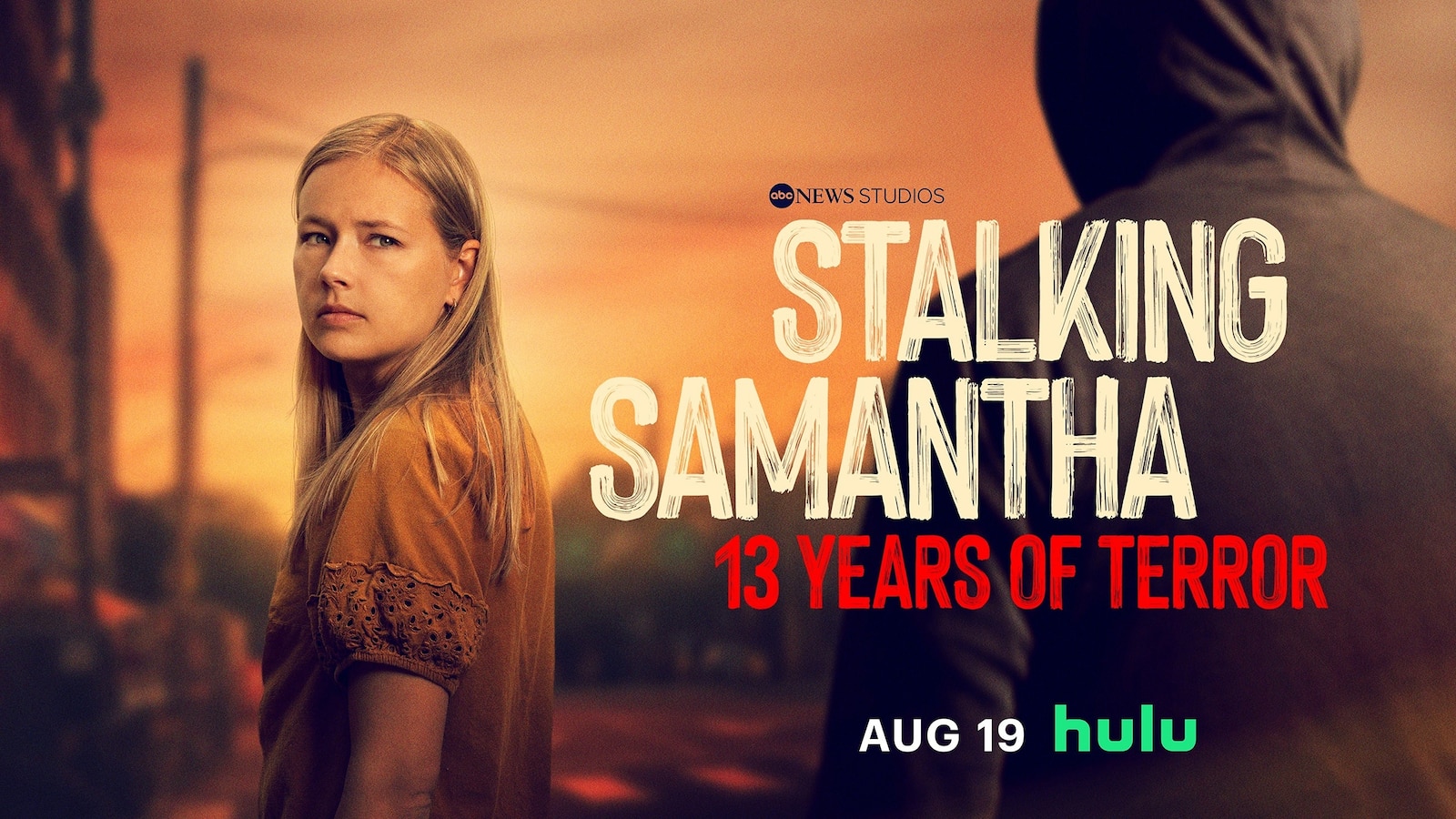Ozzy Osbourne: The Prince of Darkness Has Left Us - A Heartbreaking Goodbye
Imagine a world without the iconic voice of rock—it's a chilling thought that many of us are grappling with today. Ozzy Osbourne, the legendary figure who defined heavy metal and brought a wild spirit to music, has tragically passed away at the age of 76. His family confirmed the heartbreaking news, expressing their profound sorrow in a heartfelt statement.
“It is with more sadness than mere words can convey that we have to report that our beloved Ozzy Osbourne has passed away this morning,” read the statement signed by his wife, Sharon Osbourne, and their children Kelly, Jack, Aimee, and his son Louis from a previous marriage. They shared that he was surrounded by love and family in his final moments and asked for privacy during this difficult time.
Ozzy, known as the 'Prince of Darkness', has been a pioneering force in music history. With a career spanning over five decades, he first made waves as the lead vocalist of Black Sabbath, the band he co-founded in 1968. They unleashed iconic tracks like “Paranoid,” “Iron Man,” and “War Pigs” that still resonate with fans today. However, Ozzy’s journey was not without its struggles; he battled substance abuse, leading to his departure from the band in 1979.
After leaving Black Sabbath, he embarked on a solo career that kicked off with the explosive album “Blizzard of Ozz” in 1980, which included the hit “Crazy Train.” His live performances were legendary, and he became notorious for his outrageous antics, including that infamous moment in 1982 when he bit the head off a bat on stage—yes, you heard that right! Despite the chaos, he remained a beloved figure in the industry, earning a spot in the Rock & Roll Hall of Fame twice: first in 2006 with Black Sabbath and then again in 2024 as a solo artist.
But Ozzy's influence extended beyond music; he became a reality TV star with the groundbreaking MTV show “The Osbournes,” which offered a glimpse into his tumultuous home life. The show, which aired from 2002 to 2005, brought laughter and chaos into homes worldwide but also revealed the darker aspects of his life, including struggles with addiction and health issues.
In January 2020, Ozzy announced his diagnosis of Parkinson’s disease, a progressive nervous system disorder that he disclosed he had been living with since 2003. He once told the Los Angeles Times, “I’m not dying from Parkinson’s. I’ve been working with it most of my life.” He was known for his resilience, having escaped death multiple times. However, health complications—like a severe staph infection in 2018 and several spinal surgeries—continued to challenge him.
Earlier this year, he shared his ongoing struggles, saying, “You wake up the next morning and find that something else has gone wrong. You begin to think this is never going to end.” As tributes pour in from around the world, it’s clear that Ozzy Osbourne’s impact on music and culture is immeasurable. He was not just a rock star; he was a symbol of survival, rebellion, and above all, authenticity.


























